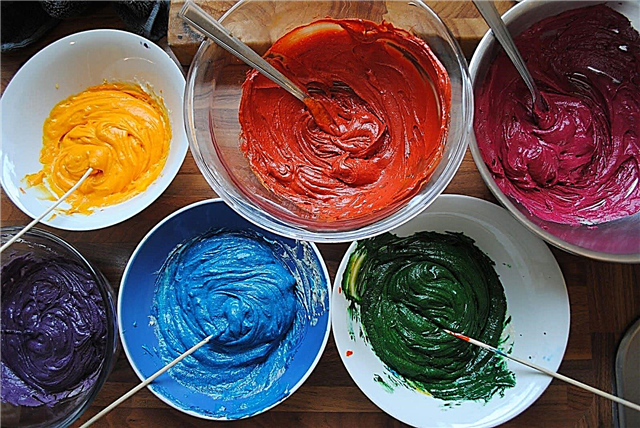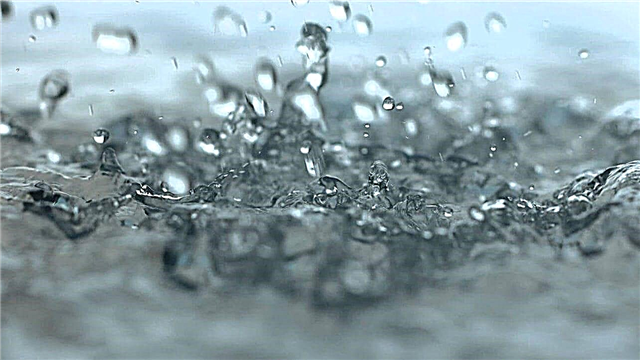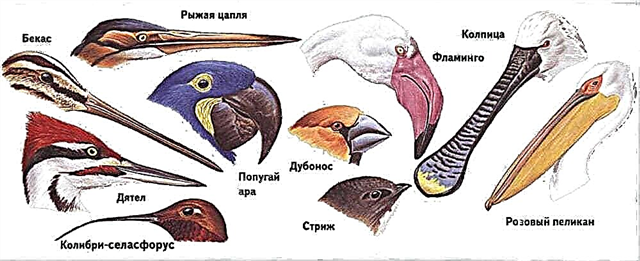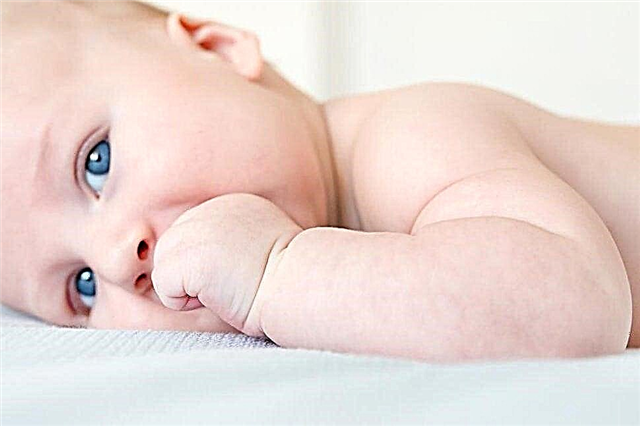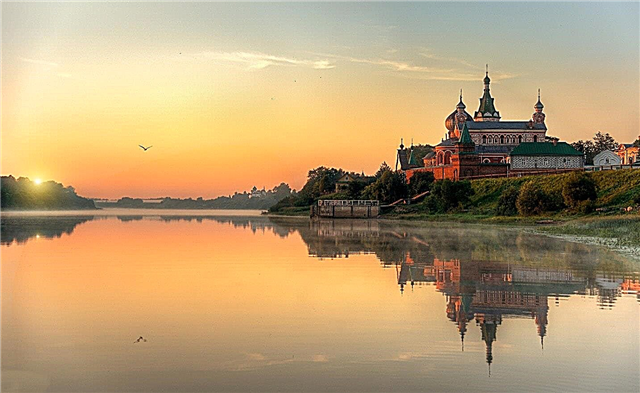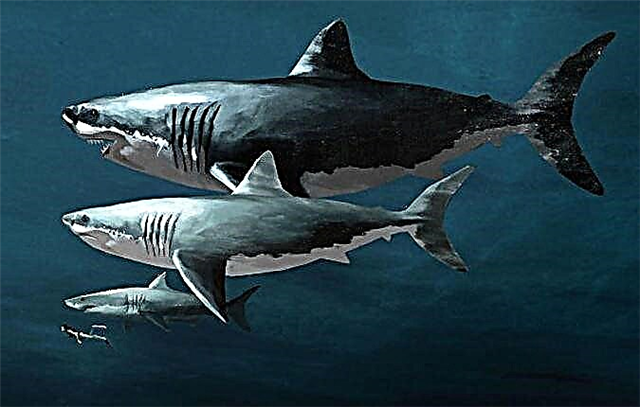
Israel lives mainly by its own traditions - for example, even according to European principles, the New Year was celebrated here no more than 25 years ago, and even that is rather modestly. Both December 31 and January 1 are the most common weekdays, and the New Year is celebrated as part of Rosh Hashanah, the “head of the year” holiday that falls in the fall. And the chronology here is also its own - while in Europe and Russia they marked the onset of 2019, the Jews live in 5780. Why is this so?
To understand this issue, you need to pay attention to the Jewish calendar and traditions. And you also need to tell about the Jewish New Year and the essence of this holiday.
New Year and calendar in Israel
The festival of Rosh Hashanah is one of the main for the Jews, it is held with many rituals that have sacred significance. And it is from this day that the countdown of the next year begins. There is no exact calendar date for this holiday, it is calculated according to the Jewish calendar, and its date changes. So, it should be met in the month of Tishrei, which falls on September, and only on the new moon of this month.
In 2018, the holiday fell on September 10, or rather, it was celebrated from the 9th to the 10th, and in 2019 it will be celebrated on September 30th, it is celebrated from evening until the next evening because lunar calendar. Such a scatter is the absolute norm for the complex solar-lunar calendar of the Jews, in which even the number of days in different years can vary.
The Jewish New Year is a celebration of the creation of the world, and marks this very day - the day the completion of the creation of all things by God is completed. In Israel there is a belief that on the New Year, God decides which of the people will go to him or will live next year, what will be the success and well-being of each family and individual.
It is believed that earnest prayers on this day can achieve mercy and help from above, and therefore believers pray a lot. And besides, in the Jewish New Year, as in any other, people take stock of last year. As God completed the creation of the world and its inhabitants on this day, so each person must make sure that he made some contribution to the creation of his own life and being, as well as the life of others, at least within the framework of his family.
The fact that the Jews celebrate the New Year as the Day of Creation reveals the essence of the Jewish calendar. The count of years in the framework of this culture is from the Day of Creation, and it is believed that the world was created by God more than 5 thousand years ago. According to local traditions, it is believed that for 2019, according to the European and familiar calendar for the world, 5780 years will be celebrated.
Jewish New Year and traditions
As already mentioned, in the New Year according to the Jewish style, a person must take stock of the year and plan for the future. This is a religious holiday, and therefore a visit to the synagogue is mandatory for believers.

In addition, on this day, people give each other small gifts, families meet at the table, sit down at a traditional meal, and many products on the table turn out to be very symbolic. So, it is customary to serve challah and apples with honey - this is done for the sweet life next year.Be sure to serve and fish, which must be with the head to be in the heads, and not among the laggards, and they also eat onions. Other products with a certain meaning appear on the table - for example, pomegranate for future good deeds, and carrots are a symbol of material wealth.
The Jewish New Year is associated with many traditions, each of which is very important, and most of which trace the original essence of the celebration of this day as the moment of creation of the world.
Magnificent and noisy festivities, as part of the European New Year traditions, are not here - the holiday is more created for prayers, to comprehend your actions for the year, for quiet communication with loved ones. The traditions of the celebration are kept very tightly - like the Jewish calendar itself, and the inherent chronology of this culture.
Thus, in Israel it is now 5780 for the simple reason that they use a different calendar here, and they count down from the moment the world was created.

